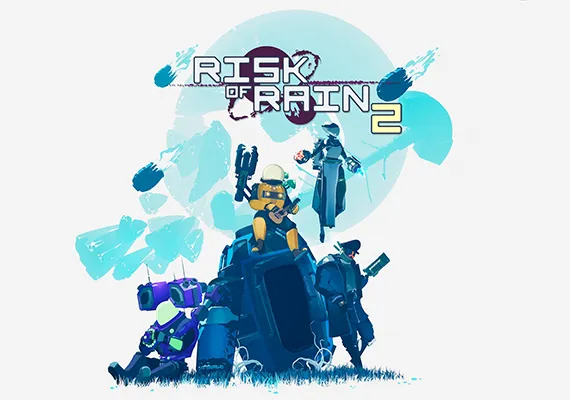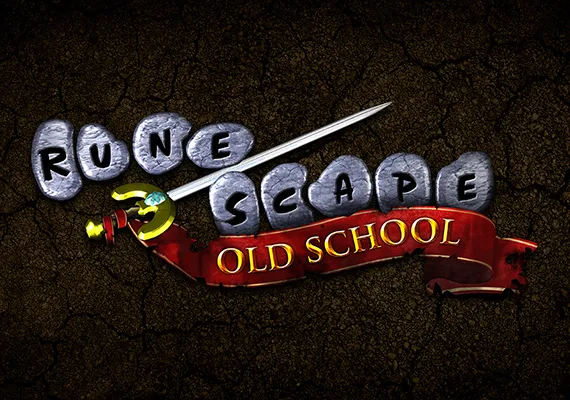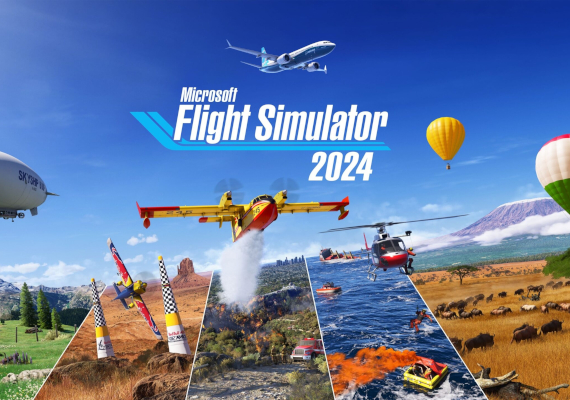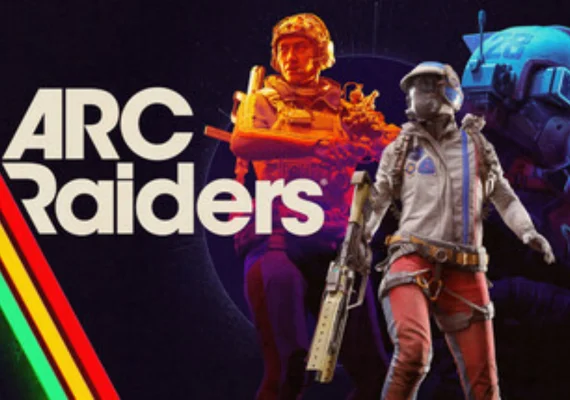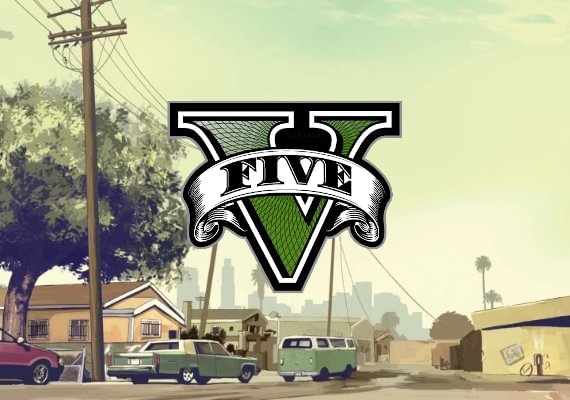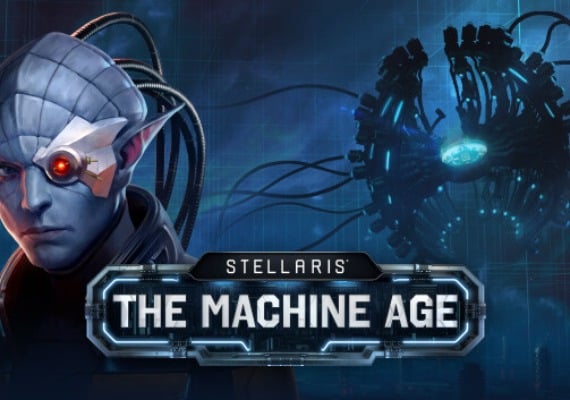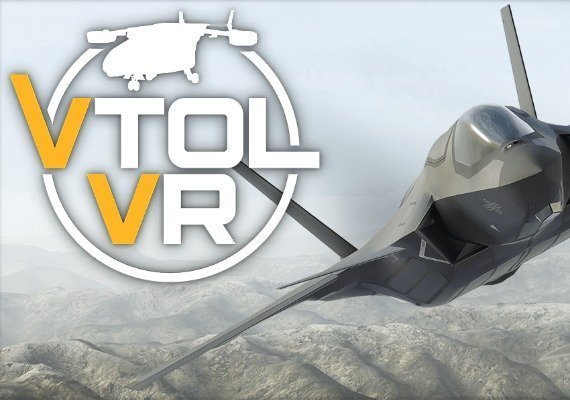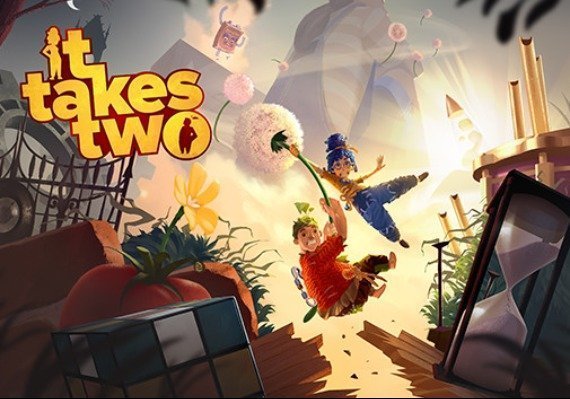The History of Simulation Video Games: From Simple Pixels to Virtual Reality
.webp)
Más vendidos
The Beginnings of Simulation Games: Early Innovators
The roots of simulation games stretch back to the 1980s, a pivotal decade for digital innovation and creativity. SimCity, released by Maxis in 1989, introduced the world to city-building simulators and became one of the genre’s first true hits. Created by legendary game designer Will Wright, SimCity invited players to experience the role of a city planner, balancing budgets, zoning land, and responding to natural disasters. Wright’s focus on providing realistic graphics and a procedural generation system, which simulated different aspects of city management, became a hallmark of the genre.
Other notable titles soon followed, including Railroad Tycoon and Farming Simulator. In Railroad Tycoon, players managed a transportation empire by building railways, managing resources, and profiting from the industrial boom, while Farming Simulator allowed players to experience agricultural life, managing crops, livestock, and machinery. Each of these early simulators featured game mechanics that imitated real-world complexities, giving players an understanding of the challenges and rewards inherent in different professions.
.webp)
The Rise of Life and Vehicle Simulation Games
In the 1990s and early 2000s, simulation games expanded to encompass various real-world experiences, such as life simulation and vehicle operation. The Sims, another creation from Maxis and Will Wright, debuted in 2000 and quickly became a global phenomenon. It was the first game to simulate everyday human life, allowing players to create characters, manage households, and interact with other simulated individuals. The Sims franchise brought life simulation games into the mainstream, captivating players with its open-ended gameplay and vast customization options, from interior design to social interactions.
Meanwhile, vehicle simulation games like Microsoft Flight Simulator and Farming Simulator pushed the boundaries of realism. Microsoft Flight Simulator is renowned for its hyper-realistic graphics, advanced physics engine, and realistic mechanics. By incorporating real-time weather, accurately rendered geography, and meticulously modeled aircraft, it provided players with an immersive experience that felt as close to real-world flying as possible. Farming Simulator also achieved massive success, simulating the intricate workings of modern agriculture, from operating complex machinery to managing livestock. This dedication to realism became a defining feature of the simulation genre, attracting players who sought an authentic experience.
.webp)
Entering New Frontiers: Virtual Reality, AI, and Procedural Generation
As technology advanced, so too did simulation games, incorporating sophisticated game mechanics and interactive elements powered by artificial intelligence and procedural generation. These developments allowed for more lifelike interactions and experiences, moving beyond pre-scripted scenarios to offer unique gameplay each time. Titles like RollerCoaster Tycoon, Sports Simulation, and Military Simulation embraced this technology, offering players ever more detailed and immersive environments. By the mid-2010s, AI-powered NPCs in simulation games could respond in ways that mirrored real-life reactions, making for truly interactive gameplay.
Virtual reality (VR) entered the picture in recent years, adding a new layer of immersion to simulation games. Games like VR Flight Simulator enable players to physically interact with controls and environments, creating an experience where players not only see but also feel as if they are within the simulation. This development has been groundbreaking, particularly for vehicle simulation and sports simulation games, where players can fully experience the thrill of flight or the intensity of a high-stakes game.
.webp)
From SimCity’s humble city-planning beginnings to the highly immersive worlds of Microsoft Flight Simulator and VR-based games, the simulation genre has evolved into a rich tapestry of real-world mimicking and escapism. With advancements in AI, procedural generation, and VR, the future of simulation games promises even more realistic and engaging experiences. Simulator games will continue to evolve, offering new opportunities for players to explore, experiment, and experience life in entirely new ways—both realistic and imaginative.




